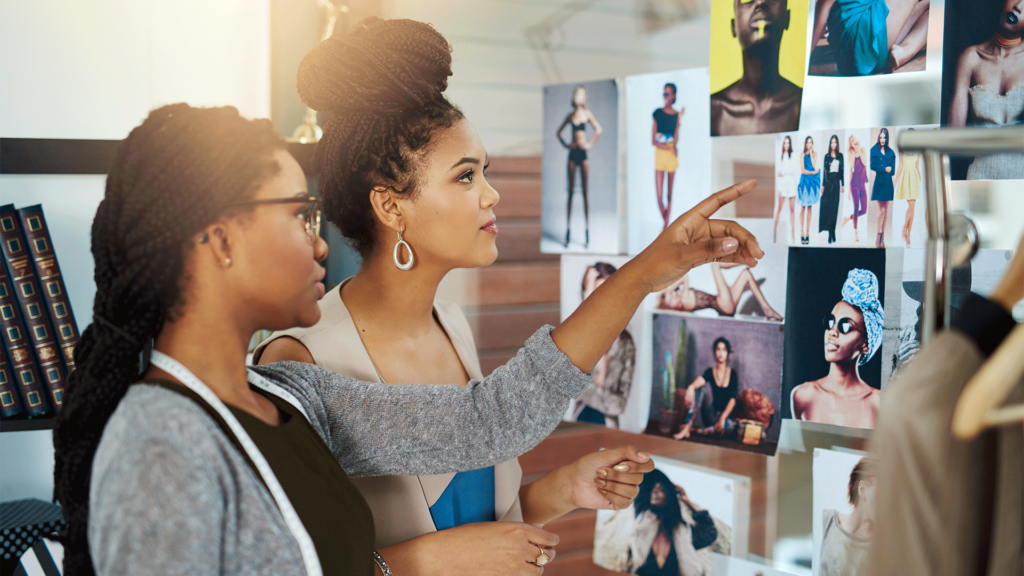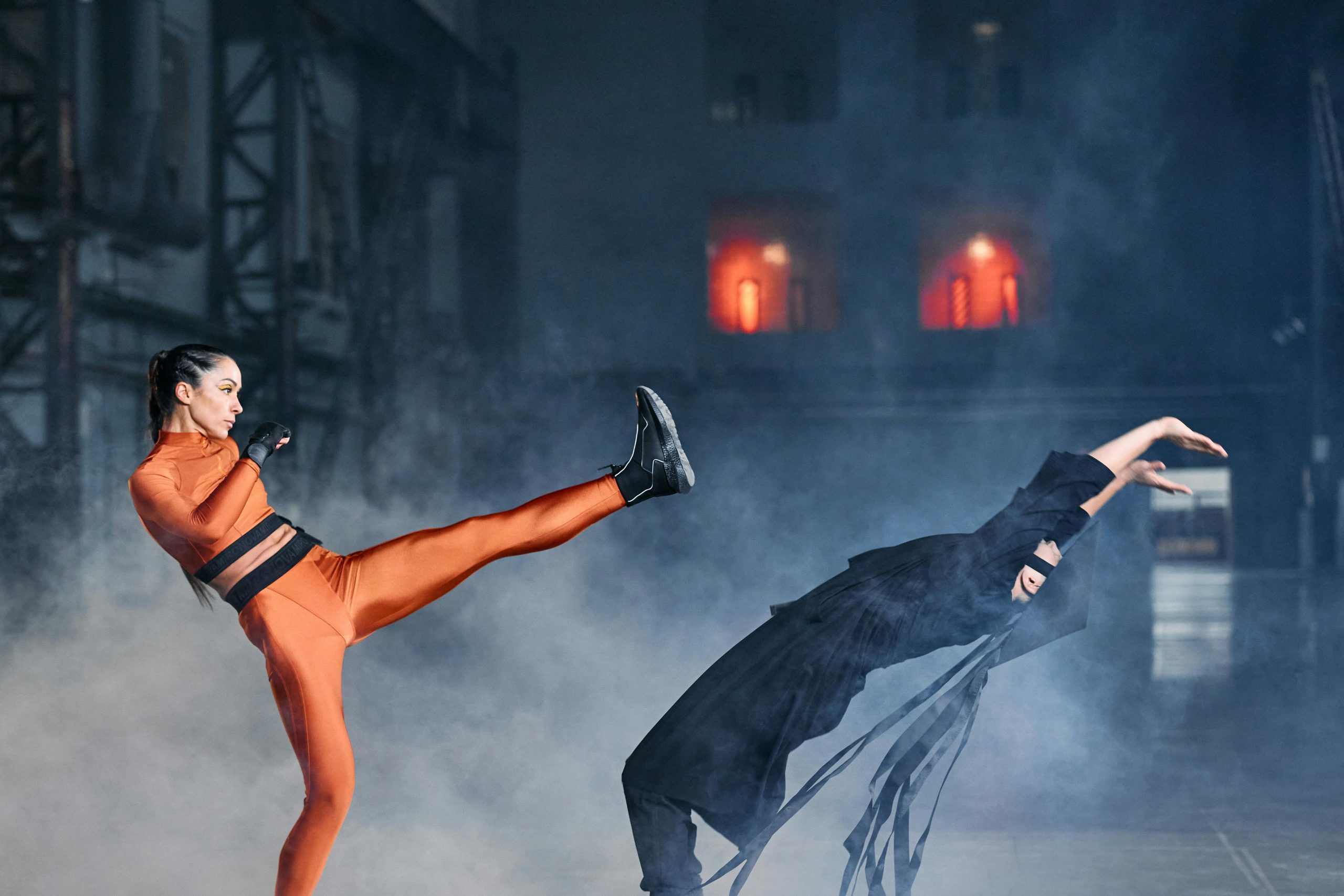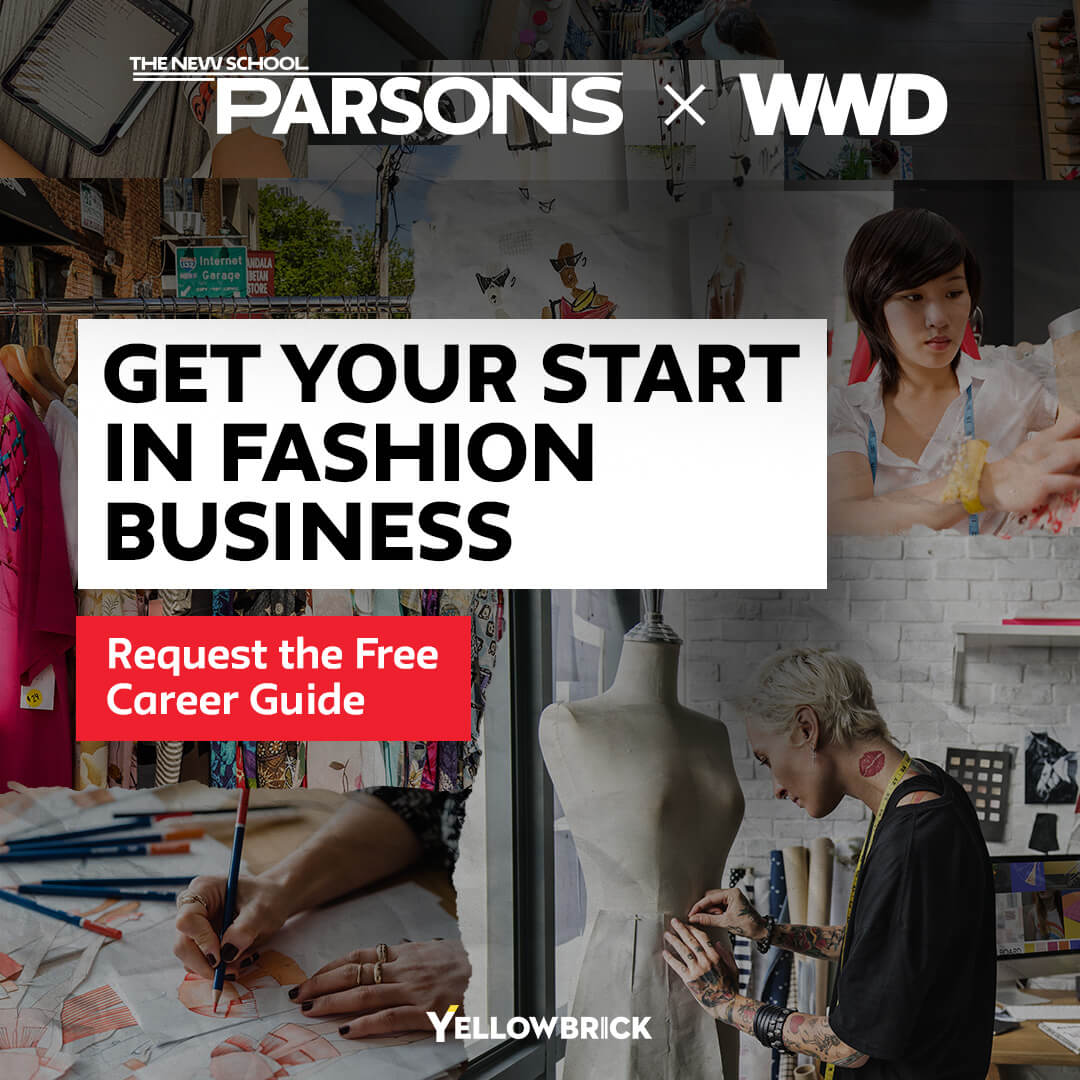Fashion product development is a crucial aspect of the fashion industry that involves the creation and production of new clothing, accessories, and footwear to meet consumer demands and market trends. This process requires a multidisciplinary approach, involving design, production, marketing, and merchandising to bring a product from concept to market.
In this article, we will delve into the top 10 jobs in the fashion industry related to product development that play a pivotal role in shaping the landscape of the fashion world.
1. Fashion Designer
Fashion designers are at the forefront of the product development process, responsible for creating innovative and trendsetting designs for clothing and accessories. They research fashion trends, sketch designs, select fabrics, and oversee the production process to bring their vision to life. A keen eye for detail, creativity, and a deep understanding of textiles and garment construction are essential for success in this role.
2. Product Developer
Product developers work closely with fashion designers to bring their concepts to reality. They are responsible for sourcing materials, coordinating with manufacturers, managing production timelines, and ensuring product quality and cost efficiency. Strong project management skills, attention to detail, and a thorough understanding of the production process are key for product developers in the fashion industry.
3. Merchandiser
Fashion merchandisers play a crucial role in the product development process by analyzing market trends, consumer behavior, and sales data to determine the right product mix for a fashion brand. They collaborate with designers and buyers to develop seasonal collections, set pricing strategies, and optimize product assortments to maximize sales and profitability. Strong analytical skills, trend forecasting abilities, and a business acumen are essential for success as a fashion merchandiser.
4. Production Manager
Production managers oversee the manufacturing process of fashion products, ensuring that production schedules are met, quality standards are maintained, and costs are controlled. They work closely with suppliers, manufacturers, and internal teams to streamline production processes, resolve production issues, and ensure timely delivery of products to the market. Strong organizational skills, problem-solving abilities, and a deep understanding of manufacturing processes are essential for production managers in the fashion industry.
5. Technical Designer
Technical designers bridge the gap between design and production by translating fashion sketches into technical specifications for pattern making and sample development. They create detailed tech packs, conduct fittings, and collaborate with production teams to ensure that designs are executed accurately and meet quality standards. Attention to detail, knowledge of garment construction, and proficiency in design software are key skills for technical designers in the fashion industry.
6. Quality Assurance Manager
Quality assurance managers are responsible for maintaining product quality and consistency throughout the production process. They establish quality standards, conduct product inspections, and implement quality control procedures to identify and resolve quality issues. Strong attention to detail, knowledge of quality assurance processes, and communication skills are essential for quality assurance managers in the fashion industry.
7. Sourcing Manager
Sourcing managers are tasked with identifying and selecting suppliers for materials and components used in fashion product development. They negotiate pricing, terms, and contracts with suppliers, manage supplier relationships, and ensure that materials meet quality standards and production requirements. Strong negotiation skills, supply chain management expertise, and a deep understanding of sourcing practices are essential for sourcing managers in the fashion industry.
8. Trend Forecaster
Trend forecasters play a vital role in the product development process by analyzing consumer behavior, market trends, and cultural influences to predict future fashion trends. They create trend reports, mood boards, and color palettes to guide design and product development decisions. Strong research skills, trend analysis abilities, and a creative vision are key for trend forecasters in the fashion industry.
9. Brand Manager
Brand managers oversee the development and positioning of fashion brands in the market. They develop brand strategies, manage brand identity, and ensure brand consistency across all product lines and marketing channels. Brand managers collaborate with cross-functional teams to drive brand growth, increase brand awareness, and enhance brand equity. Strategic thinking, marketing expertise, and a deep understanding of brand management principles are essential for brand managers in the fashion industry.
10. Retail Buyer
Retail buyers play a critical role in the product development process by selecting and purchasing fashion products for retail stores and online platforms. They analyze sales data, monitor market trends, negotiate with suppliers, and make buying decisions to optimize product assortments and maximize sales. Strong analytical skills, negotiation abilities, and a keen eye for fashion trends are essential for retail buyers in the fashion industry.
Conclusion
Fashion product development is a dynamic and multifaceted field that offers a wide range of career opportunities for individuals passionate about fashion and product innovation. Whether you aspire to become a fashion designer, product developer, merchandiser, or pursue other product development roles, acquiring the right skills and expertise is key to succeeding in the competitive fashion industry.
Key Takeaways:
- Fashion product development is a collaborative process that combines design, production, marketing, and merchandising to bring new products to market.
- Key roles in this field include fashion designers, product developers, merchandisers, and production managers, all of whom contribute to turning concepts into finished products.
- Specialized positions like technical designers, quality assurance managers, and sourcing managers ensure products meet design, quality, and cost requirements.
- Strategic roles such as trend forecasters, brand managers, and retail buyers shape product direction, market positioning, and consumer appeal.
- Success in fashion product development requires creativity, industry knowledge, strong communication, and cross-functional collaboration.
To excel in these roles and enhance your knowledge and career prospects, consider enrolling in the Parsons Fashion Industry Essentials online course and certificate program by Yellowbrick.








